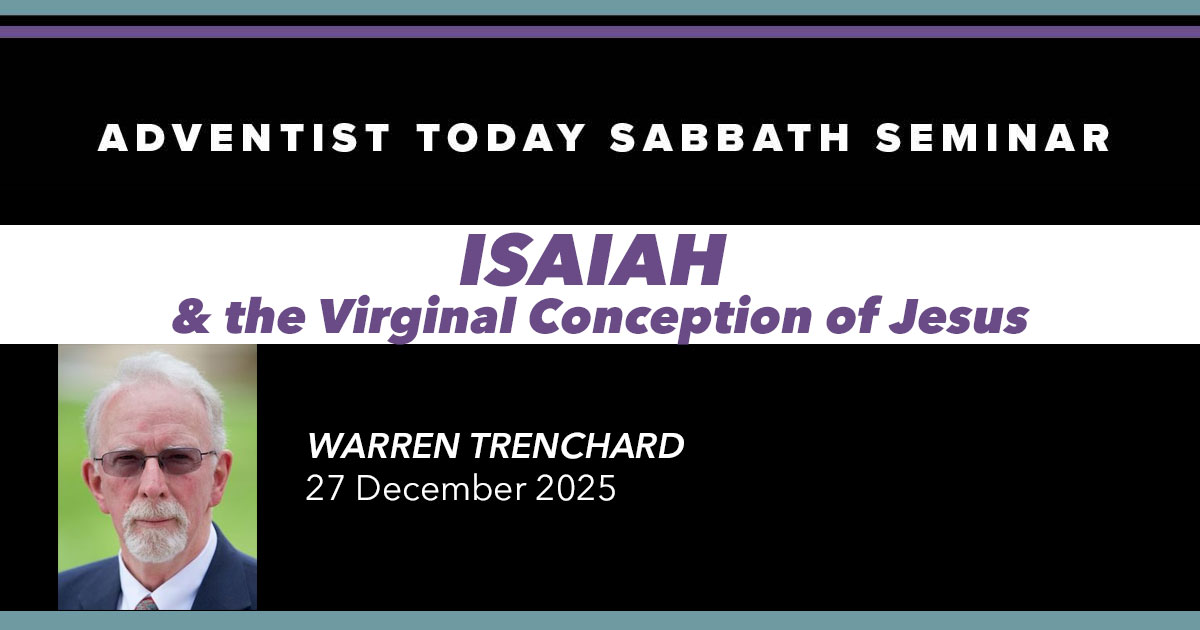20201219 02
20201219 03
Esodo 20:8 – Apri la porta del tuo cuore
“Ricòrdati del giorno del riposo per santificarlo”. 📖 Esodo 20:8
—
💌 Apri la porta del tuo cuore
🗣 Speaker: Alessia Zagara Source: https://www.youtube.com/watch?v=f12uptjebhk
God designed giving to bless us—not burden us. Generosity isn’t loss—it’s gain. #giving #generosity
Farm to Faith: Cultivating Surrender – S2025-13
Through his journey of rebellion, radical conversion, and unwavering trust amid illness, Raymond Phillips shares his powerful story of growing up under pressure, facing life altering trials, and discovering the freedom that comes through true surrender to Jesus. Source: https://www.youtube.com/watch?v=-egEoCZ28I8
I Love Jesus
Loving Jesus is more than a feeling, it's a way of life. Live it with joy and trust. Share this video with someone who needs a fresh walk with Him today. Source: https://www.youtube.com/shorts/X8LUqotLK4I
Thursday: Finishing Well
Daily Lesson for Thursday 25th of December 2025
Read the concluding words of the book of Joshua written by an inspired editor (Joshua 24:29-33). How are these words not only looking back to Joshua’s life but also looking forward to the future?
In the epilogue reporting on the deaths of Joshua and Eleazar, the high priest brings the book of Joshua to a sobering end. By recounting together the burial of Joshua, the burial of Eleazar, and the burial of Joseph’s bones, the author creates a contrast between the life outside the land and the beginning of life in the land. There is no need to wander anymore.
The earthly remains of the leaders don’t have to be carried along with them. The patriarchs buried their relatives in a cave (Genesis 23:13,19; Genesis 25:9-10), on a plot purchased at Shechem (Genesis 33:19). Now the nation buries its leaders in the territory of their own inheritance, thus having a sense of permanence. The promises given to the patriarchs have been fulfilled. Yahweh’s faithfulness constitutes the historical thread that links Israel’s posterity to its present and future.
As the concluding paragraphs of the book link the whole narrative to a larger story in the past, they also open the way for the future. Ex-archbishop of Canterbury Lord George Cary, in a keynote speech delivered at Holy Trinity Church in Shrewsbury, declared that the Anglican Church was “one generation away from extinction.”
In fact, the church is always one generation away from extinction, and so it was with the Old Testament people of God. A great chapter in the history of Israel comes to an end. Its future depends on what kind of answers it will give to the many questions that concern the future. Will Israel be loyal to the Lord? Will they be able to continue the unfinished task of possessing the whole land? Will they be able to cling to Yahweh and not get entangled in idol worship? A generation under Joshua has been faithful to the Lord, but will the next generation maintain the same spiritual direction that has been traced by its great leader? Each successive generation of God’s people, reading the book of Joshua, must face these same questions. Their success depends on the nature of the answers they provide in their everyday lives and how they relate to the truths they have inherited.
|
Joshua, like Paul, “fought the good fight” (2 Timothy 4:7, NKJV). What was the key to Joshua’s success? What decisions do you need to make today in order to finish with the same assurance of salvation? |
ATSS: Warren Trenchard: “Isaiah and the Virginal Conception of Jesus”

24 December 2025 | When we think of the birth of Jesus as depicted in the New Testament, especially during the Christmas season, we naturally recall those memorable statements that seem central to the story. One of these is: “Behold, a virgin shall be with child, and shall bring forth a son, and they shall […] Source: https://atoday.org/atss-warren-trenchard-isaiah-and-the-virginal-conception-of-jesus/
The Shekinah Glory in the Christmas Story

by Chester Hitchcock | 24 December 2025 | The word “shekinah” is not found in the Bible. It is a Hebrew word used in rabbinic literature to refer to the presence of God. The word means, technically, “to dwell,” but specifically it denotes a spectacular manifestation of God in such phrases as “the glory of […] Source: https://atoday.org/the-shekinah-glory-in-the-christmas-story/
- « Previous Page
- 1
- …
- 82
- 83
- 84
- 85
- 86
- …
- 4843
- Next Page »


